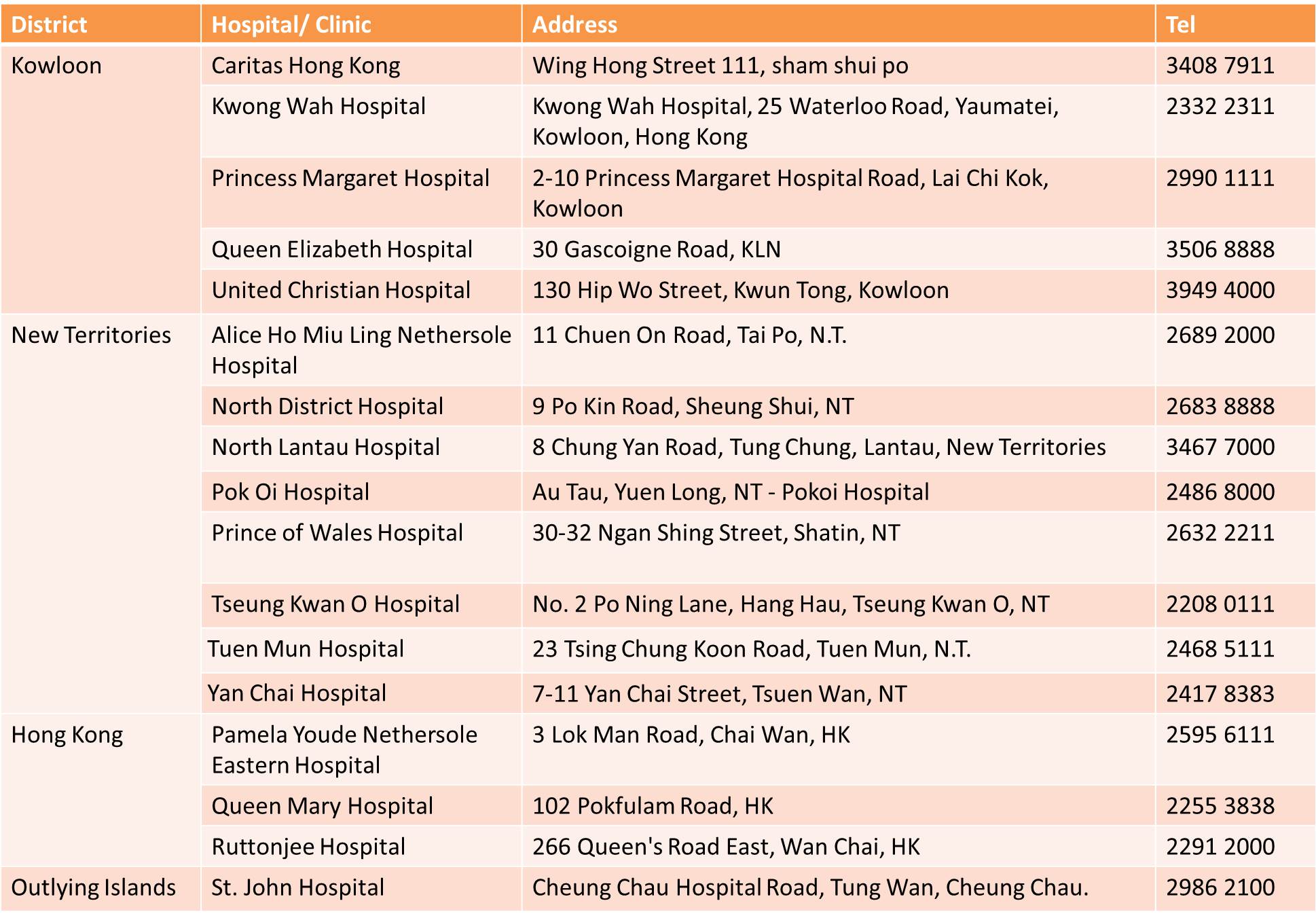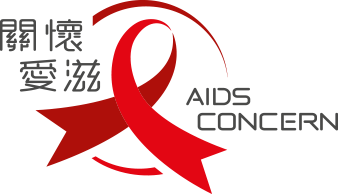Worried you may have just been infected with HIV? Maybe PEP treatment can help.
Post-Exposure Prophylaxis (PEP) is a daily dose of anti-HIV medications, taken for 4 weeks that can potentially stop HIV infection after exposure. PEP must be taken as soon as possible within 72 hours of someone being exposed.
AIDS Concern is advocating for PEP to be made more widely available in order to stop rising HIV infections. This fact sheet explains more about how PEP is relevant for people who may want to access it.
Research indicates that PEP can reduce an infected person’s chance of becoming HIV positive by 81% if it is taken within 72 hours of exposure even where HIV has already entered the body. PEP should be administered as soon as possible within 72 hours of exposure as its effectiveness varies according to the timing of initiation. For PEP to be effective, the person who may have been exposed to HIV should strictly adhere to a four week drug regimen. If they do not adhere well to the daily medication doses it is less likely to work. In addition, if not taken properly they might run the risk of developing drug resistance to HIV drugs, which might affect the effectiveness of antiretroviral treatment if they become HIV positive in the future.
Yes. The side-effects of PEP can be strong but vary from person to person. Generally, PEP can cause diarrhoea, headaches, nausea and vomiting but these side effects usually stop once the treatment is finished.
No. PEP is only a secondary prevention measure taken only when other primary prevention measures (i.e. using condoms) fail. According to the World Health Organization (WHO) guideline, the administration of PEP should also be accompanied with counselling services to change the individual’s high risk behavior pattern, so as to reduce their chance of repeated utilization. People at risk of HIV infection are advised to use condoms consistently to reduce their risk of acquiring HIV.
Generally, HIV only enters human body when the end of the penis, vagina, inner wall of the anus, non-intact skin or other mucous membrane (e.g. oral mucosa) with wounds is exposed to contaminated blood, prostrate secretions, semen, vaginal secretions and rectal secretions. Generally, a person will not contract HIV when his/her intact skin is exposed to contaminated body fluids.
PEP is generally recommended for the following conditions:
1. The exposure has occurred within the past 72 hours.
2. The exposed person has not been previously infected with HIV
Please note that the risk of HIV infection may vary according to the HIV viral load of the potentially infectious body fluid, the depth of the wound in non-intact skin or mucous membrane, and the length of contact with high risk body fluids. Therefore, even if your case has met all the above conditions, doctors in the hospitals will still determine the need for PEP prescription according to your actual situation.
Currently, public hospitals in Hong Kong would prescribe PEP for medical professionals who might have been infected with HIV through occupational exposures (e.g. getting cut or stuck with a needle). According to the guideline from the Centre for Health Protection, any use of PEP for non-occupational exposure (nPEP) would be ‘exceptional and should be considered only in the event of high-risk exposure to a source known to be HIV positive’ within 72 hours of exposure. Occupational exposure is where someone like a medical staff member has been exposed to HIV through their work. The public hospitals are focused on the use of PEP for medical staff but will also give access to the public when they think it appropriate.
For individuals interested in getting medical consultation related to PEP, please go to the Accident and Emergency Department in your nearest public hospital and explain your case to the doctor, who would determine the need for PEP prescription on a case by case basis. It is important to note that doctors will want to understand if you have definitely been exposed to HIV and also if it is within 72 hours.
List of all Accident and Emergency Departments


The other option is to access PEP via a private clinic or private hospital. Below are details of two clinics AIDS Concern knows will advise and prescribe PEP. By listing these places AIDS Concern is not recommending their service, and if you happen to know any other specialist clinics privately prescribing PEP, please let us know so that we can add them to the list. The charge for medication is about 10, 000-20, 000 dollars, depending on the patient’s situation. You may consult the clinic or hospital directly for more information.


